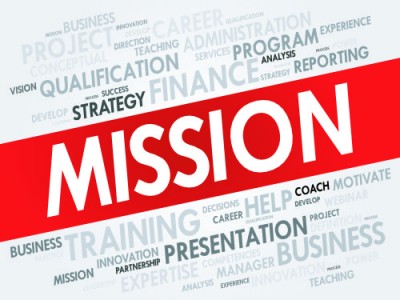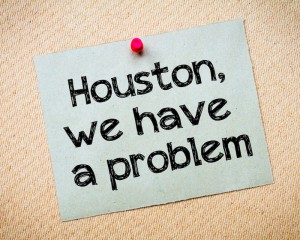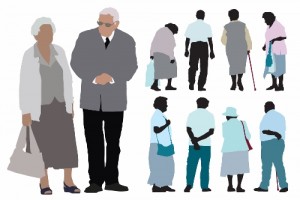Person Centered Care...Moving the Mission Forward
I had the privilege to lead a session on our Dementia Live™and Compassionate Touch® person-centered care programs at the recent American Health Care Association National Convention in Nashville last week. As part of the Dementia Education Track faculty, it was such an honor to speak to so many passionate leaders who are stepping out of the box and doing amazing things to transform their communities. I love to listen to the success stories and challenges as it helps us grow as an organization in helping those we serve.







